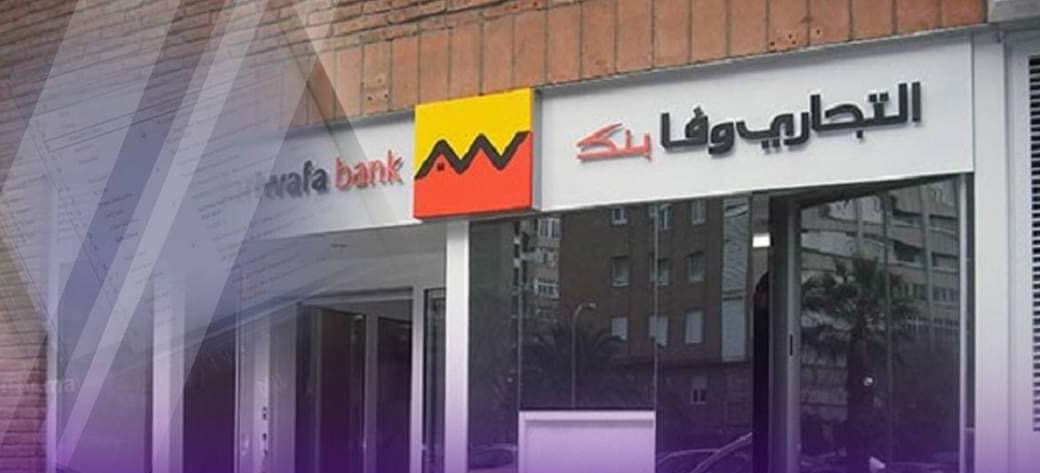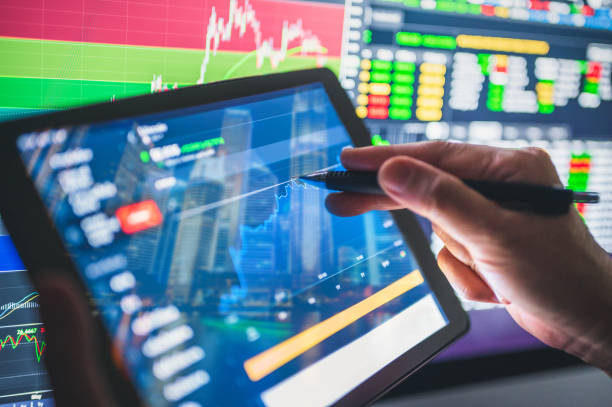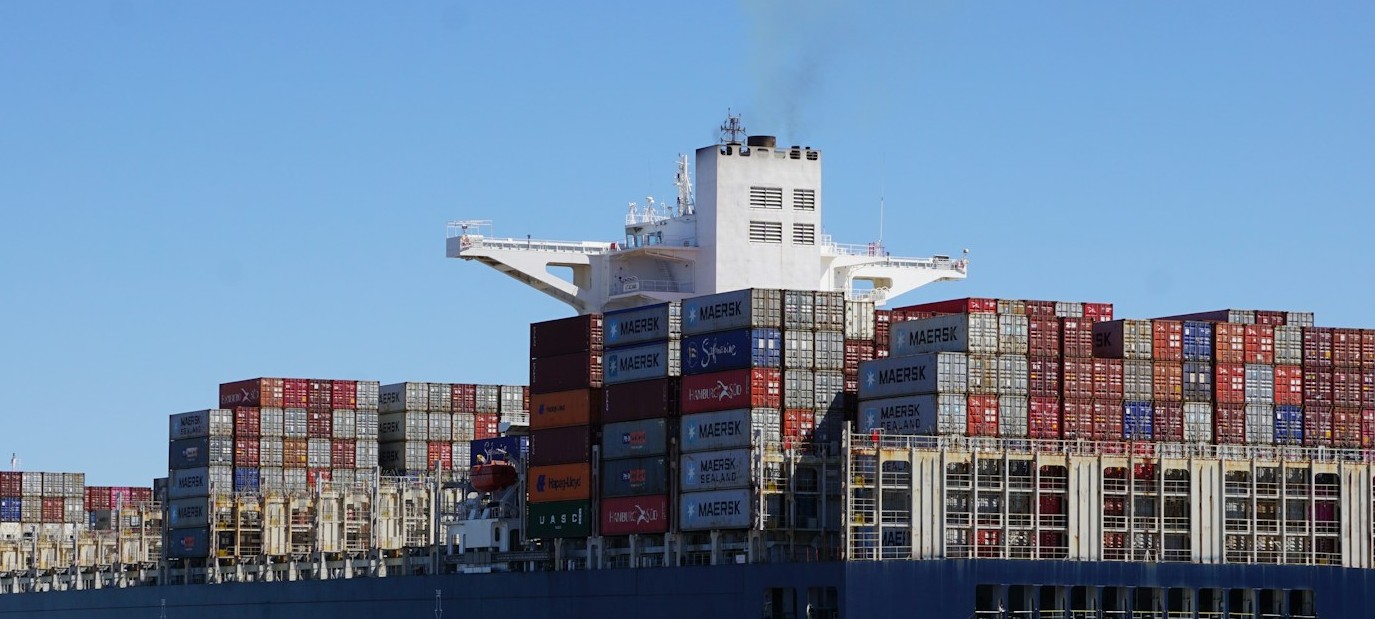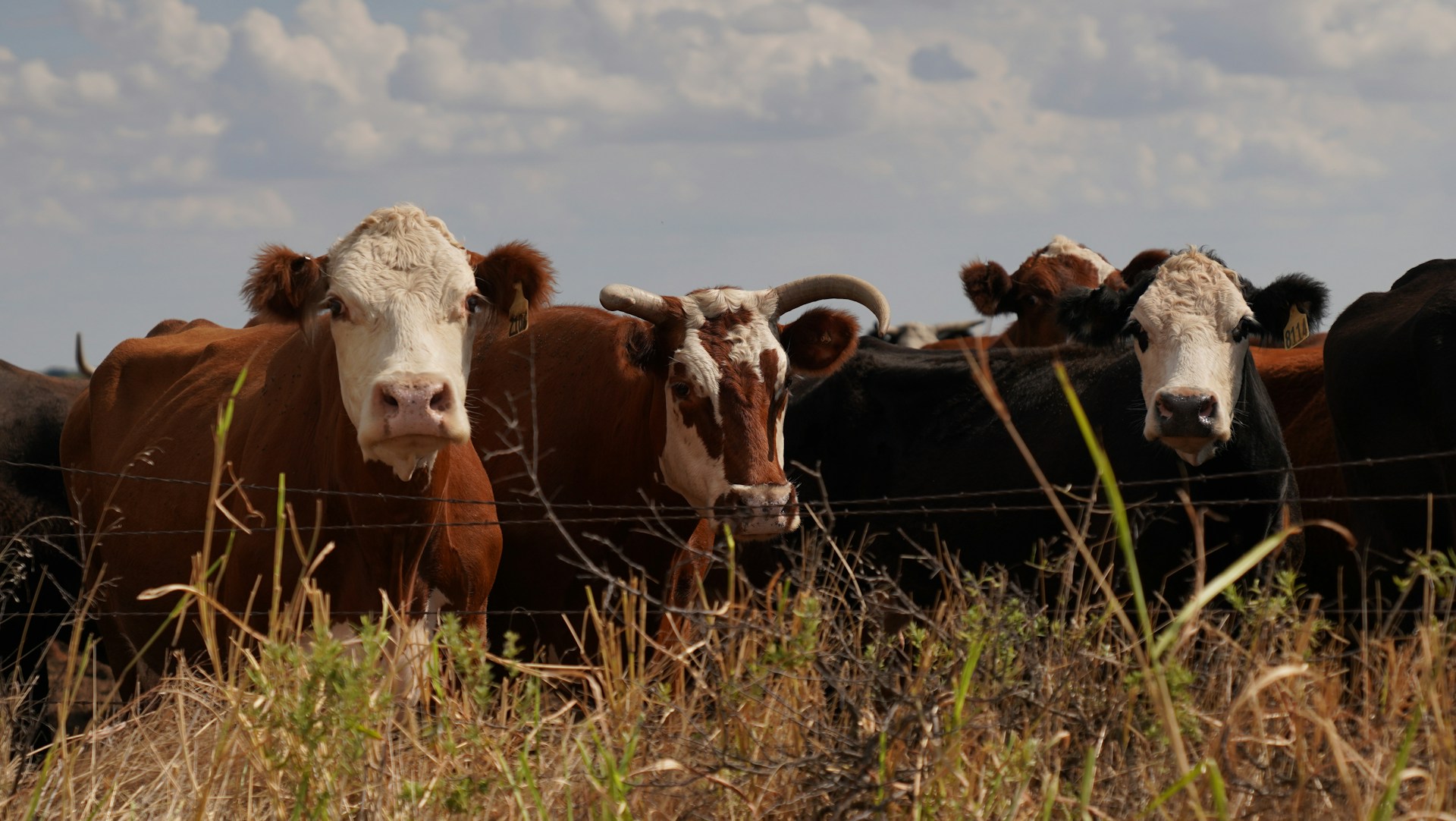Casablanca – The International Monetary Fund (IMF) has approved a new disbursement of $496 million for Morocco under the Resilience and Sustainability Facility (RSF). This installment, the third in a series, brings the total financing under this program to approximately $1.24 billion. The decision reflects confidence in Morocco’s economic resilience despite challenges such as persistent drought and global financial uncertainties.
Economic stability despite adversities
In a statement issued on Tuesday, the IMF acknowledged Morocco’s ability to withstand economic shocks, noting that the country has maintained macroeconomic stability even in the face of prolonged drought conditions. Kenji Okamura, IMF Deputy Managing Director and Acting Chair of the Executive Board, commended Morocco’s policy framework, emphasizing its role in sustaining growth and mitigating external pressures.
According to the IMF’s projections, Morocco’s Gross Domestic Product (GDP) growth stood at 3.2% in 2024, slightly lower than 3.4% in 2023, mainly due to challenges in the agricultural sector. However, medium-term growth is expected to accelerate to 3.7%, supported by large-scale infrastructure projects and continued structural reforms aimed at enhancing economic resilience.
Unemployment and inflation trends
While Morocco’s overall economic outlook remains positive, unemployment remains a pressing issue, with the rate hovering around 13%, largely driven by job losses in the agricultural sector. The IMF highlighted the importance of structural reforms in job creation, particularly in diversifying employment opportunities beyond agriculture.
Inflation, on the other hand, has shown a declining trend, aided by reduced supply-side shocks. The easing inflationary pressures prompted Bank Al-Maghrib to lower interest rates twice in 2024, contributing to greater financial stability and supporting economic activity.
Fiscal performance and policy measures
Morocco has also seen a better-than-expected improvement in its fiscal balance, with the budget deficit reaching 4.1% of GDP in 2024, lower than earlier forecasts. This improvement is largely attributed to higher-than-anticipated tax revenues, which have helped offset increased public spending.
The Moroccan dirham has remained within its 5% fluctuation range, reflecting a relatively stable currency environment despite external economic challenges. The IMF emphasized that Morocco’s ability to manage external and fiscal imbalances has strengthened investor confidence and enhanced economic predictability.
The role of structural reforms
The IMF underscored the importance of Morocco’s ongoing structural reforms in ensuring sustainable economic growth. Key initiatives include:
- Public sector restructuring, aimed at enhancing the efficiency of state-owned enterprises.
- The Mohammed VI Investment Fund, designed to drive private-sector growth and attract foreign investments.
- The new Investment Charter, which provides incentives for both domestic and international investors to boost job creation and economic diversification.
These reforms are expected to create a more inclusive economy, fostering long-term stability and increased employment opportunities.
Climate resilience and sustainability efforts
Beyond immediate economic concerns, Morocco continues to advance its climate resilience strategies. The IMF highlighted the country’s commitment to safeguarding water resources, improving energy market regulations, and expanding renewable energy investments. These measures align with Morocco’s broader goals of reducing dependence on traditional energy sources and enhancing environmental sustainability.
Future outlook
Despite ongoing economic and environmental challenges, Morocco’s economic outlook remains positive. The country’s ability to implement fiscal discipline, policy adjustments, and structural reforms will be key to ensuring sustained growth and resilience.
The IMF reaffirmed its support for Morocco’s reform agenda, stating that continued efforts in infrastructure development, job creation, and climate adaptation will be critical for long-term economic stability.
With the latest loan approval, Morocco has secured additional financial resources to strengthen its economic framework, allowing for greater flexibility in addressing challenges while maintaining a steady growth trajectory.
















